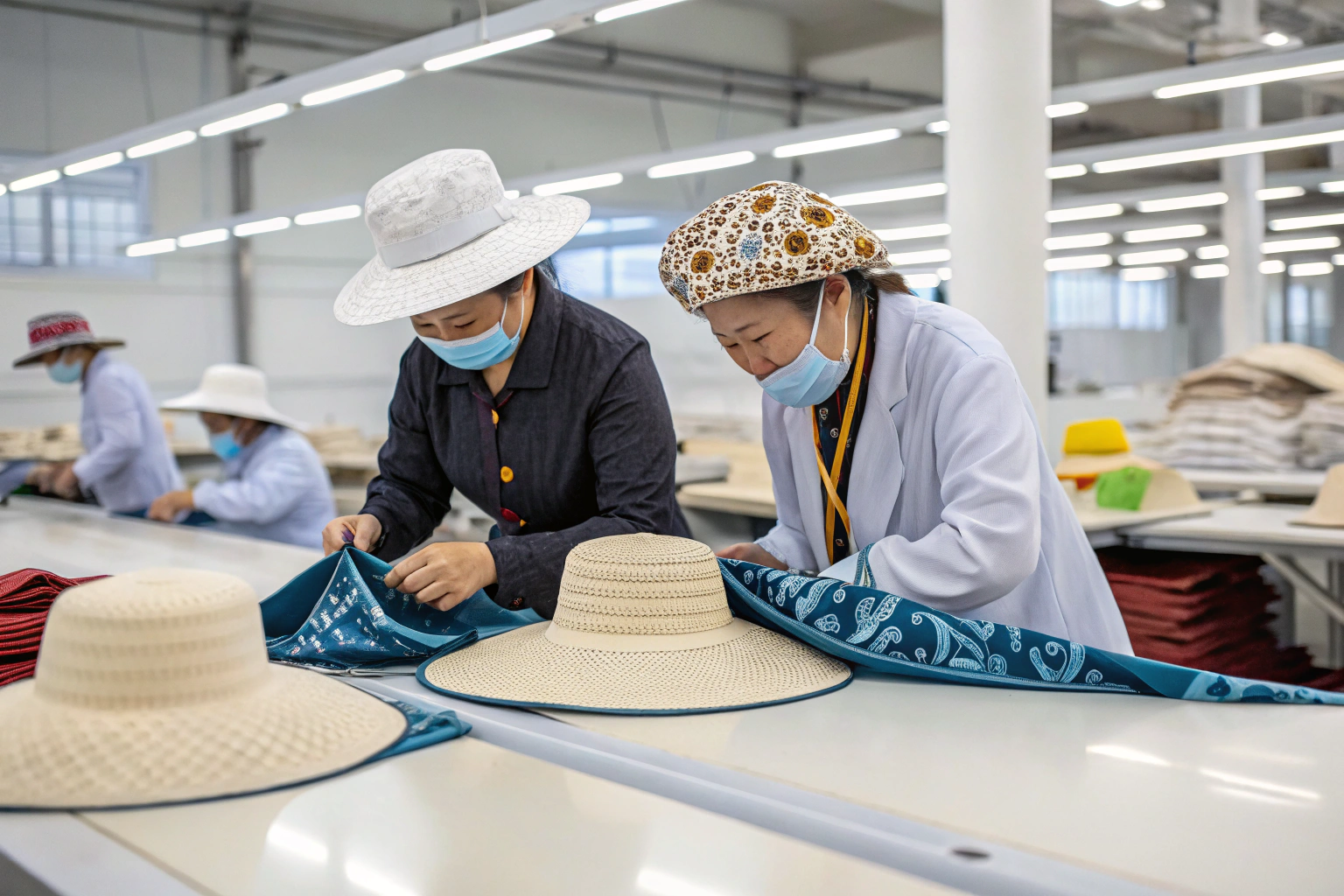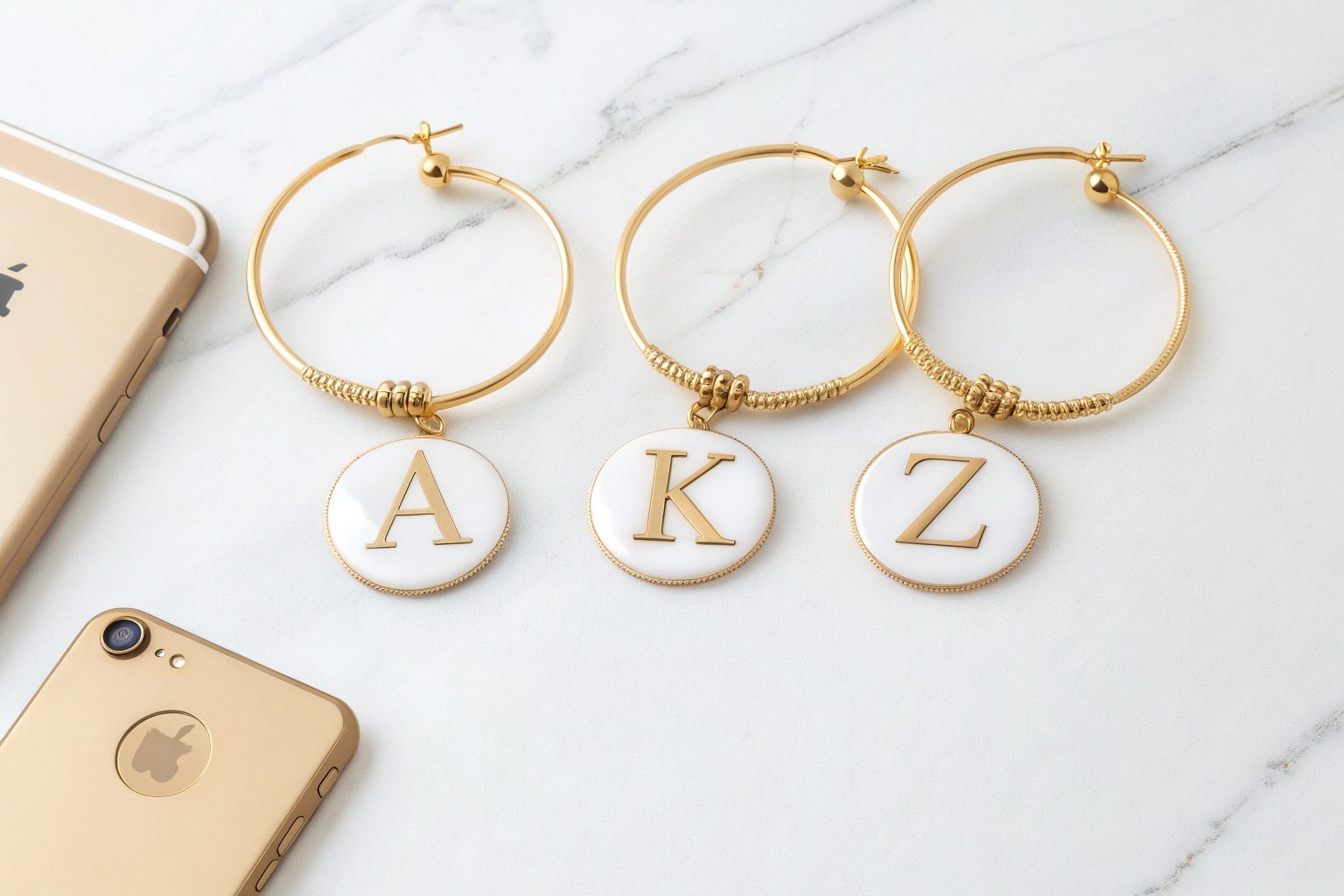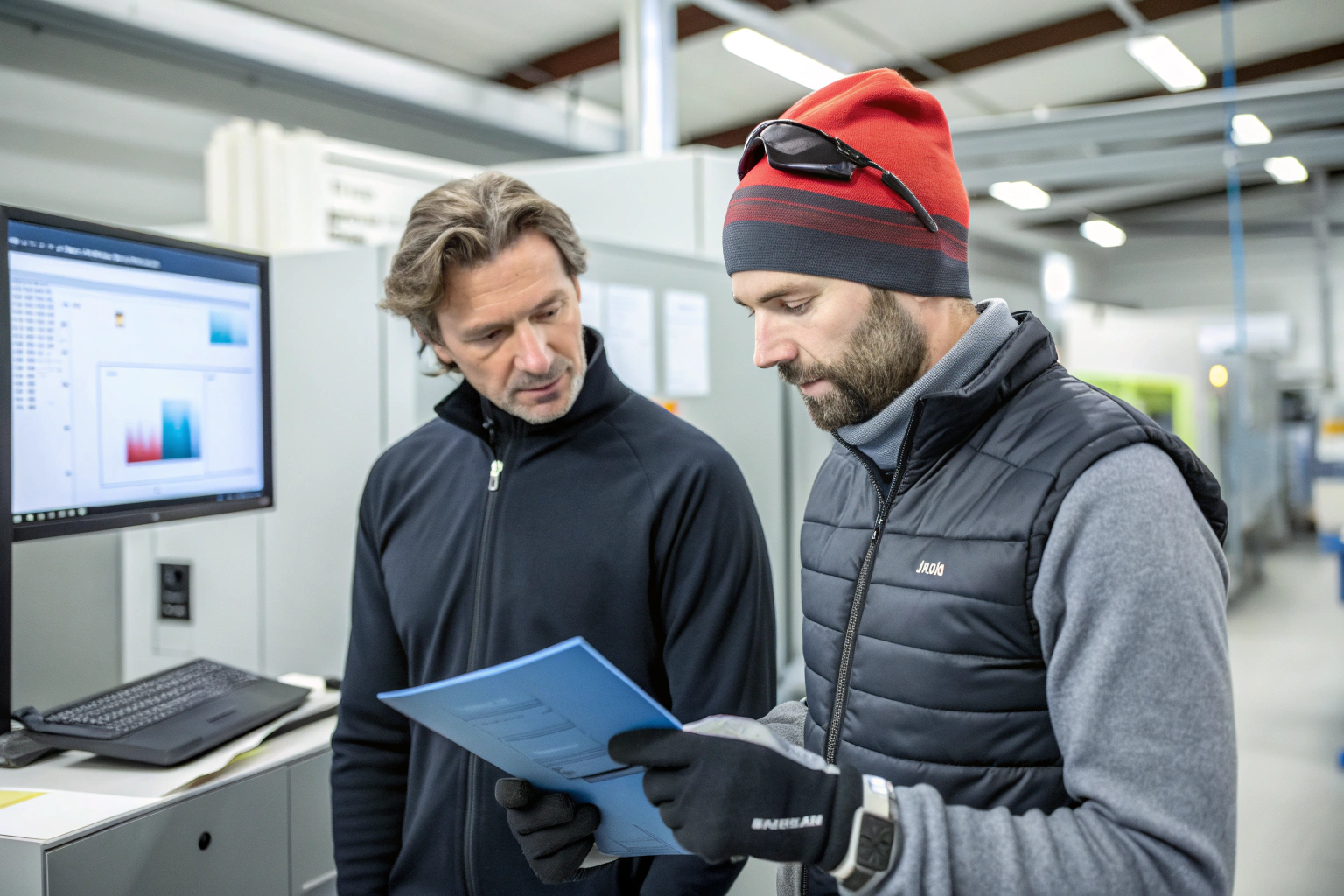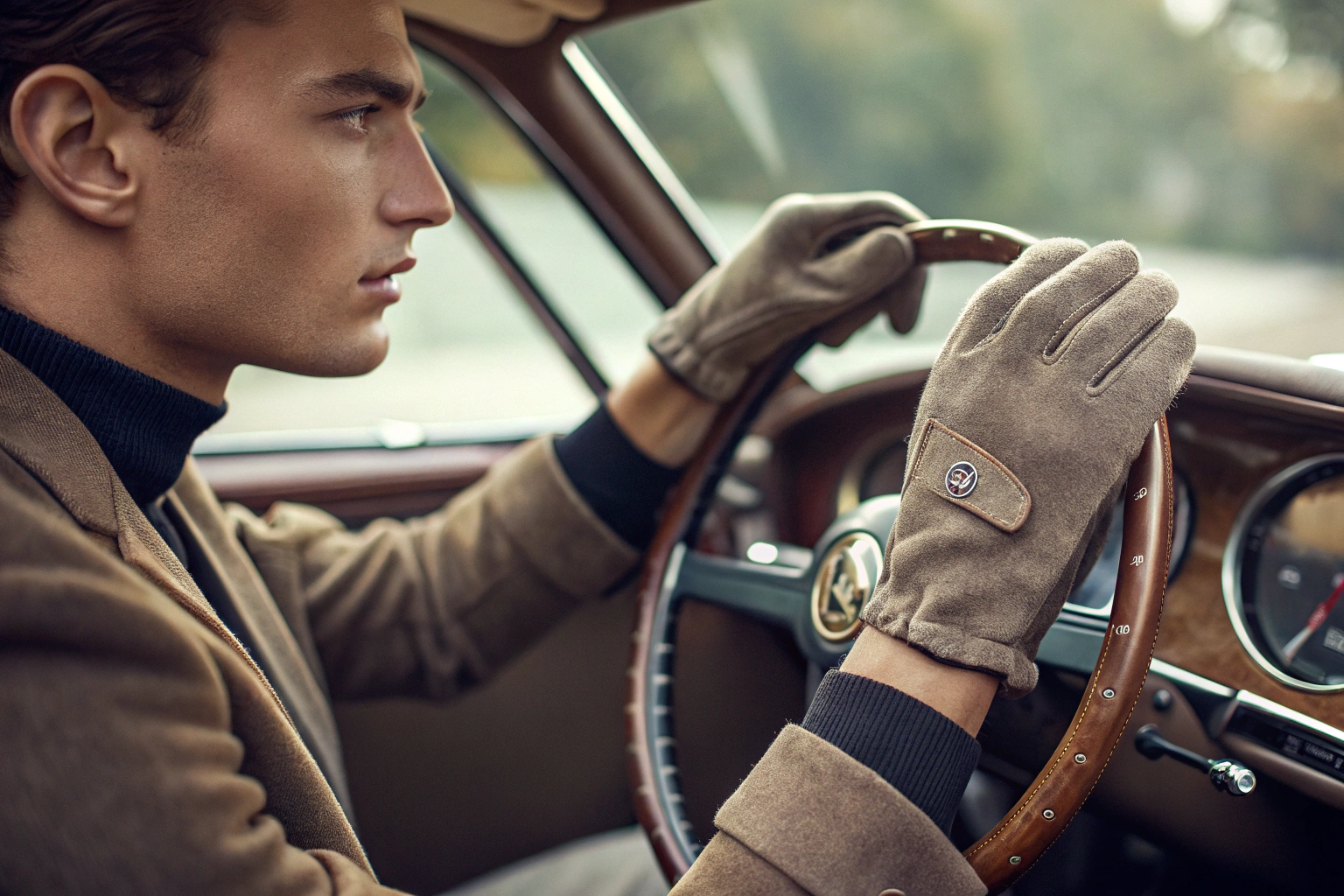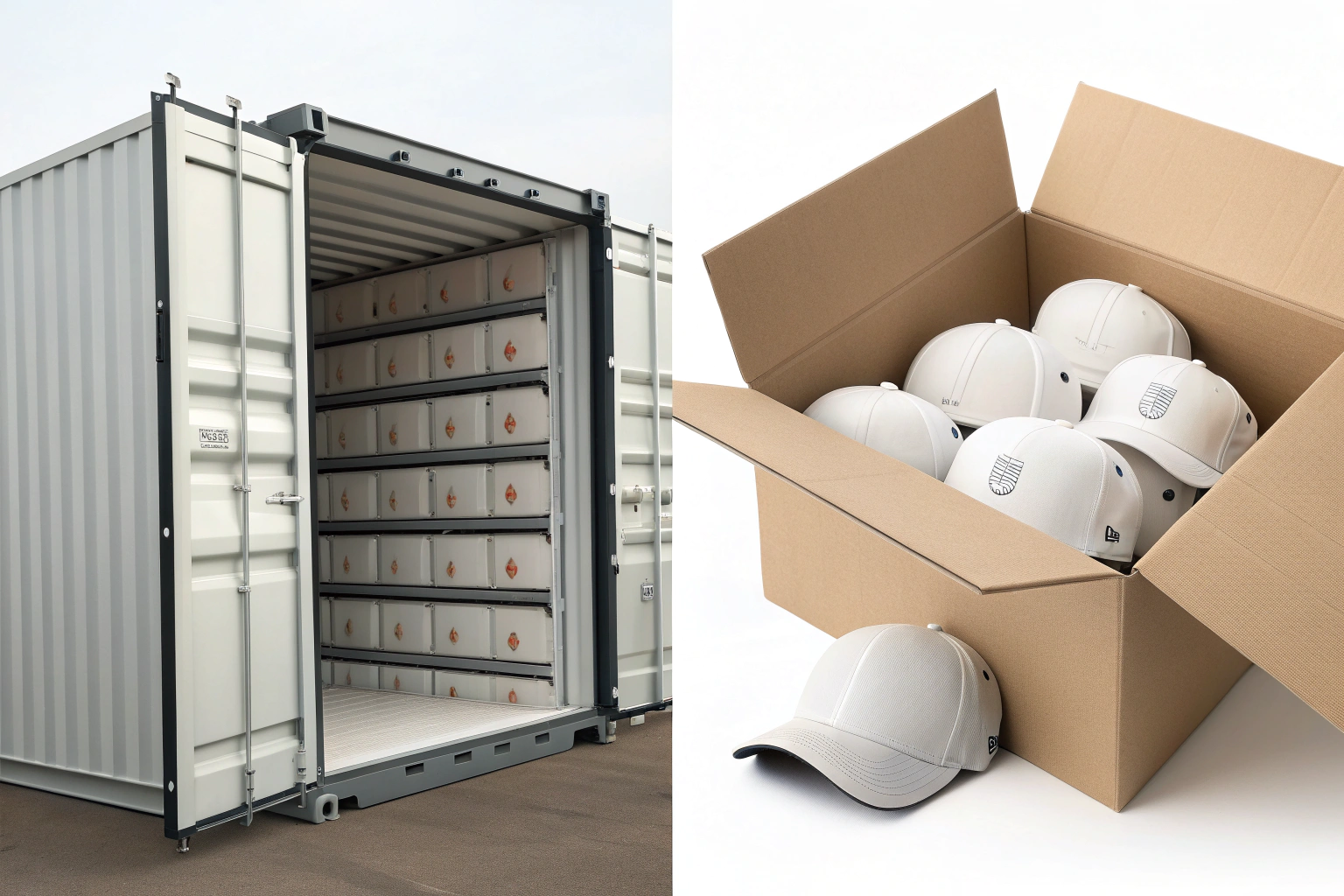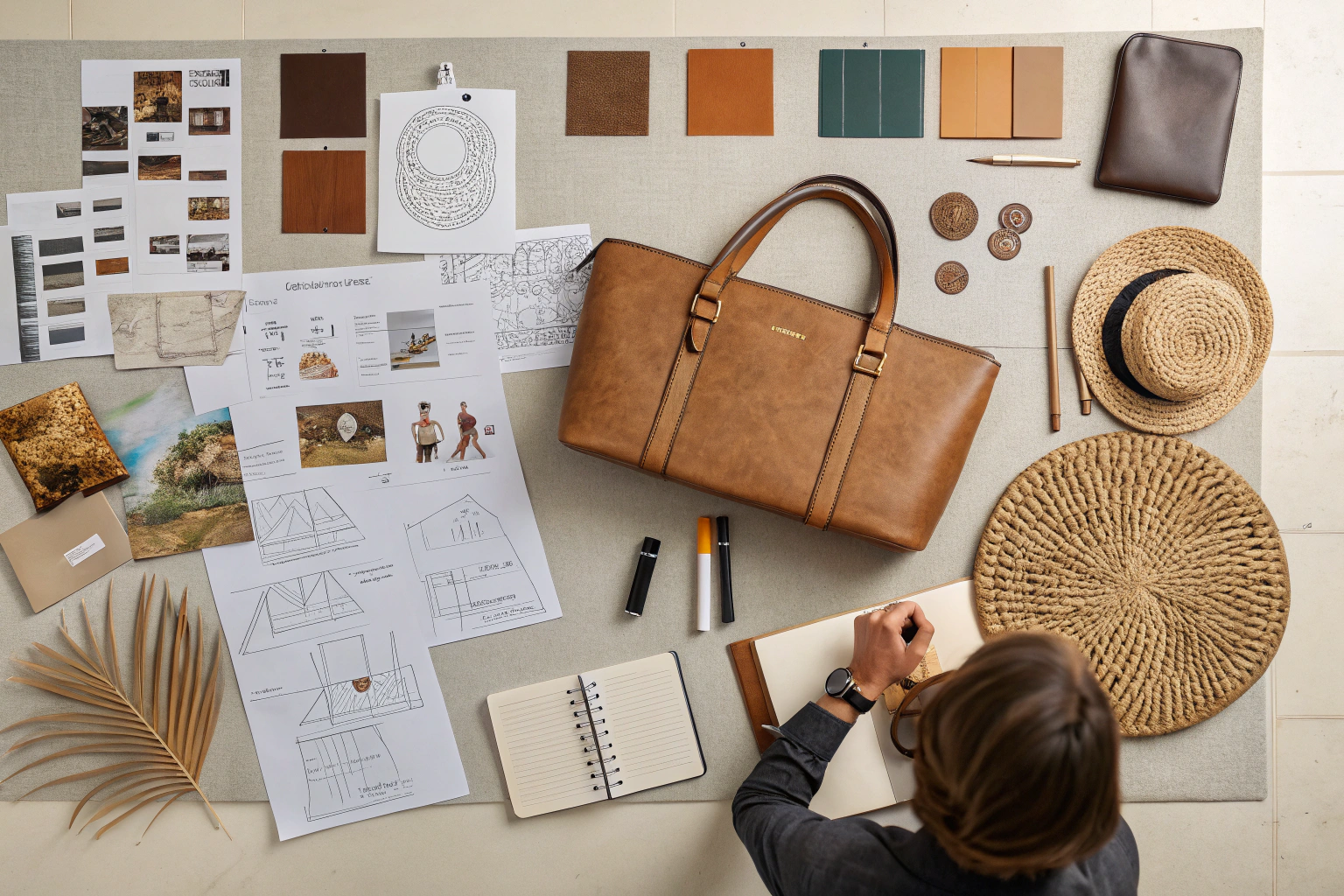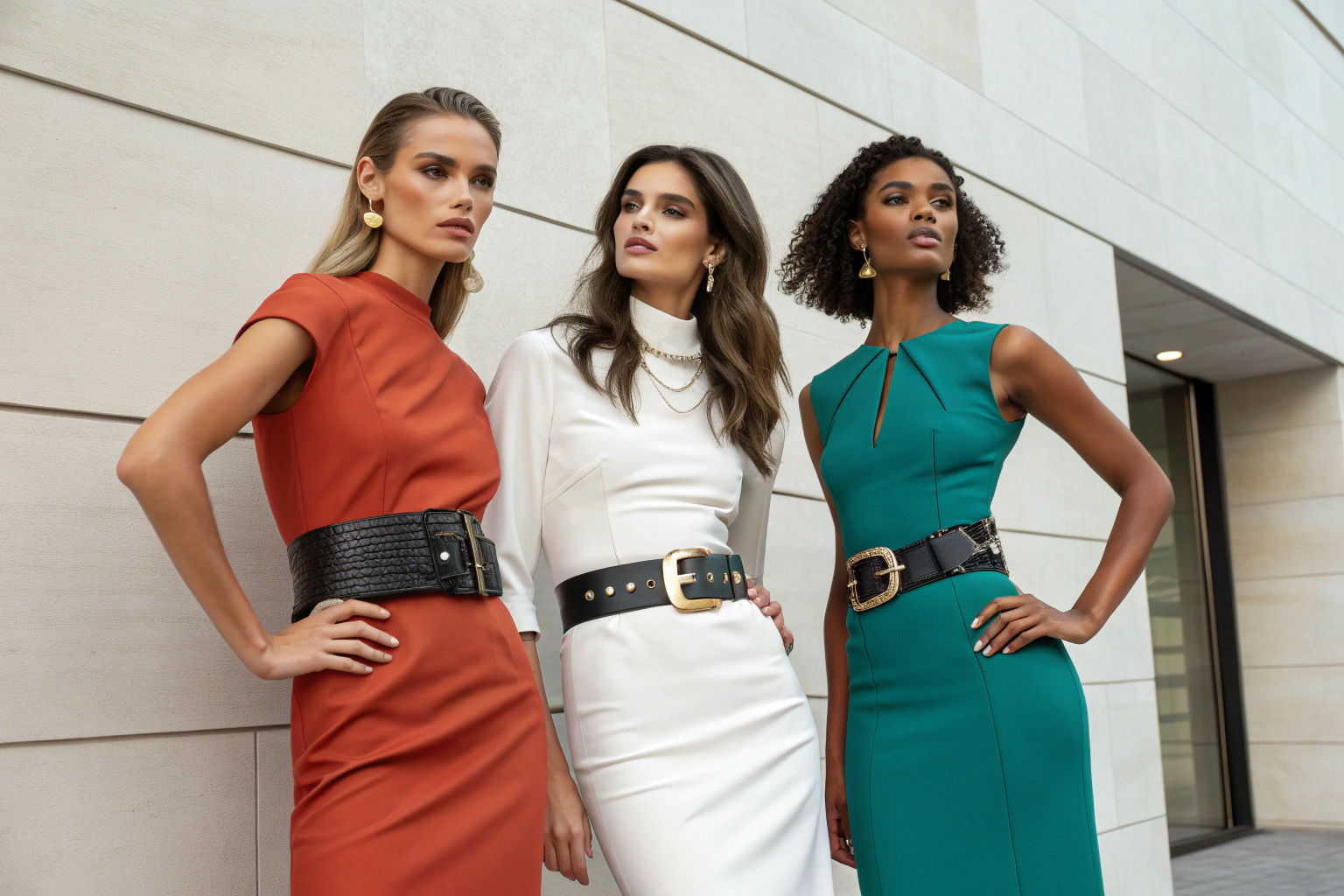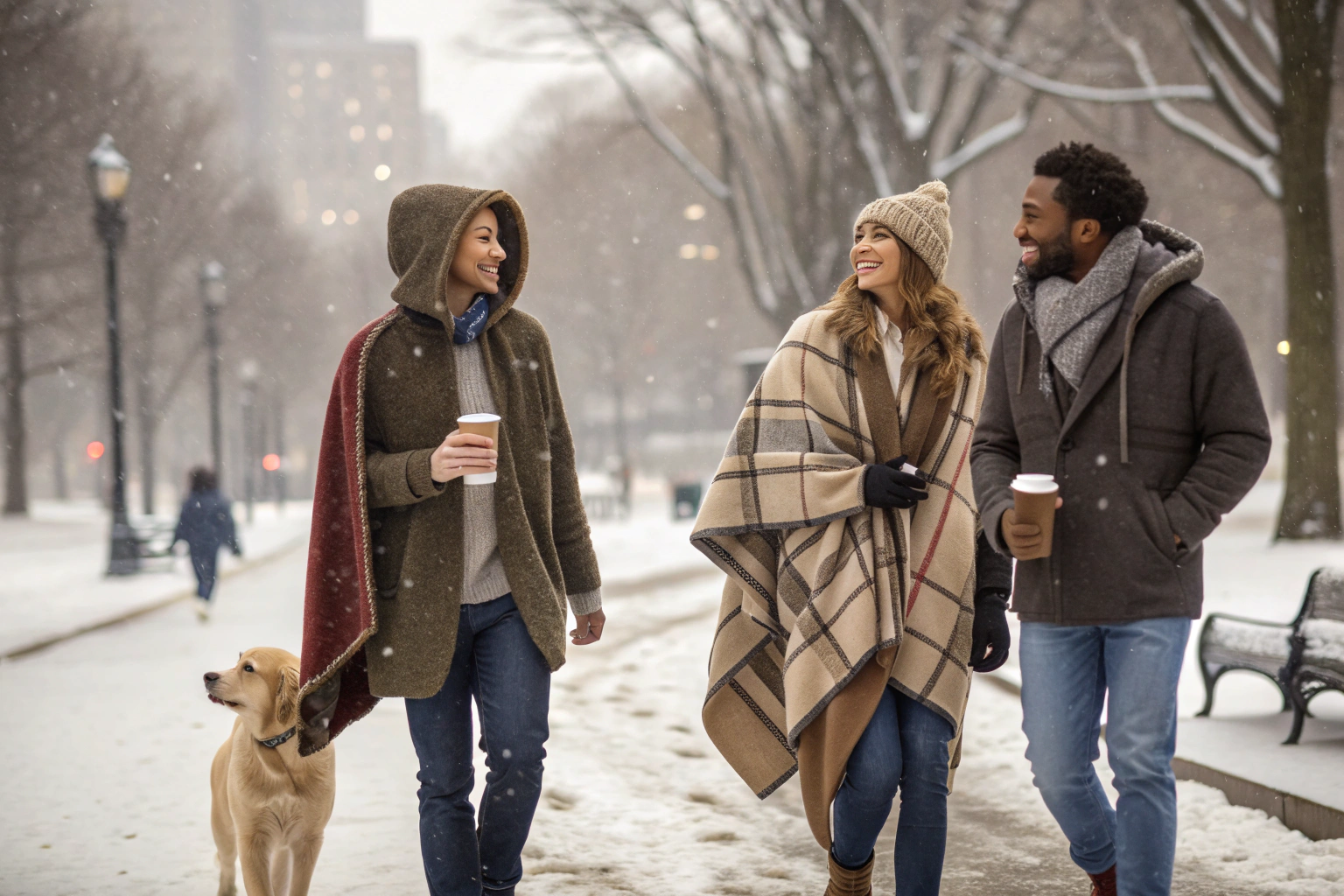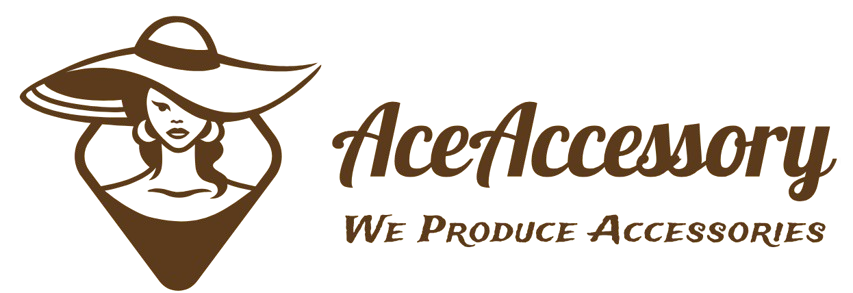When customers in the U.S. and Europe buy fashion accessories, they want products that look good and last long. But one of the biggest challenges is that sunlight can quickly damage fabric, making items fade, weaken, and lose shape. Many buyers struggle to find suppliers who can guarantee strong anti-UV performance. This issue creates frustration, because clients want both durability and style in their accessories.
The answer lies in sourcing from factories that understand UV testing and material innovation. When you work with manufacturers who use certified fabrics and advanced coatings, your accessories will resist fading and damage for years, even under strong sunlight. This gives you peace of mind and builds customer loyalty.
If you are searching for suppliers, it is important to know what certifications matter, what materials work best, and how logistics and tariffs affect the sourcing process. Let’s explore these questions step by step.
What Are the Best Materials for UV-Resistant Accessories?
When customers complain about fading scarves or cracked belts, the root problem is often the wrong material. UV rays break down fibers, making cheap fabrics weak and unattractive. As a buyer, this means your brand reputation suffers.
The best solution is to choose fabrics that are proven to resist UV damage, such as polyester blends, treated cotton, and nylon with UV-stabilizers. These materials not only last longer but also keep colors bright, ensuring your accessories remain premium-quality.
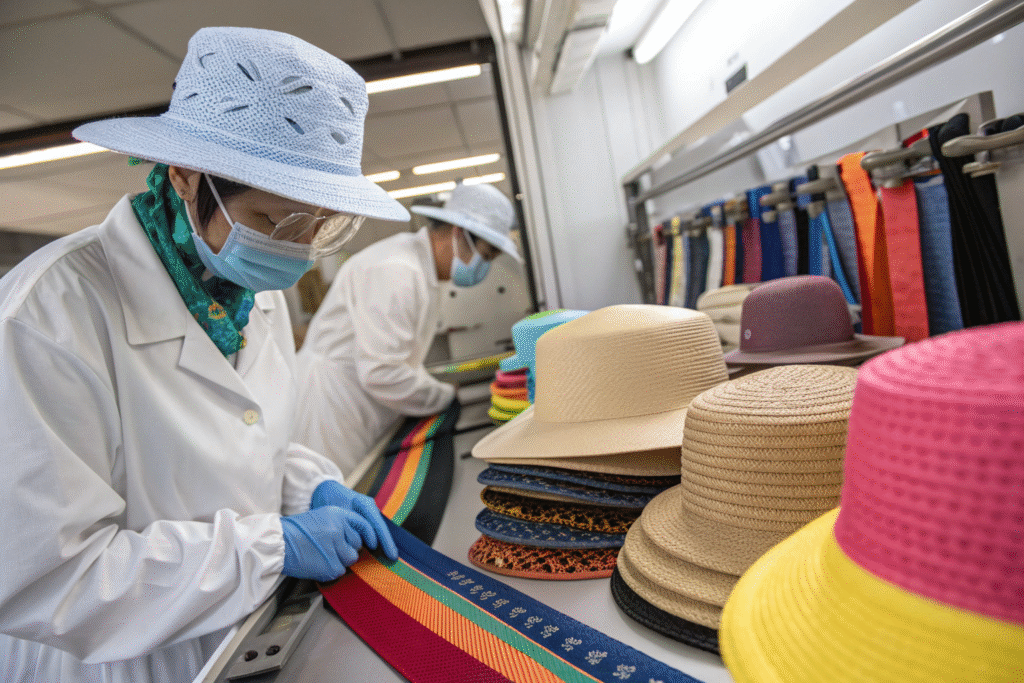
Choosing materials wisely means lower returns, higher customer satisfaction, and long-term partnerships with reliable factories.
Why is polyester a top choice?
Polyester is one of the strongest fabrics against UV rays. It holds dye well, so colors remain vibrant longer. Many fashion industry guides explain why polyester is widely used for outdoor wear and accessories. Factories often blend it with spandex or cotton for better comfort. In addition, textile engineers have developed coatings that further increase UV stability, making polyester even more reliable.
Can cotton be treated for UV protection?
Cotton is soft and breathable, but without treatment it fades quickly. Today, chemical finishing methods and UV-absorbing dyes make cotton more durable. According to CottonWorks, treated cotton fabrics can achieve UPF ratings comparable to synthetic fibers. Another example is OEKO-TEX certification, which ensures that the treatments used are safe and eco-friendly, meeting international buyer demands.
How to Verify Anti-UV Performance with Testing?
Many importers worry whether claims about UV resistance are real. Without verification, it is risky to trust marketing words. UV protection must be tested under strict international standards to prove performance.
The most effective way is to request UPF testing reports and certifications from your supplier. Reliable factories run internal lab checks and also send samples to third-party labs for certification.
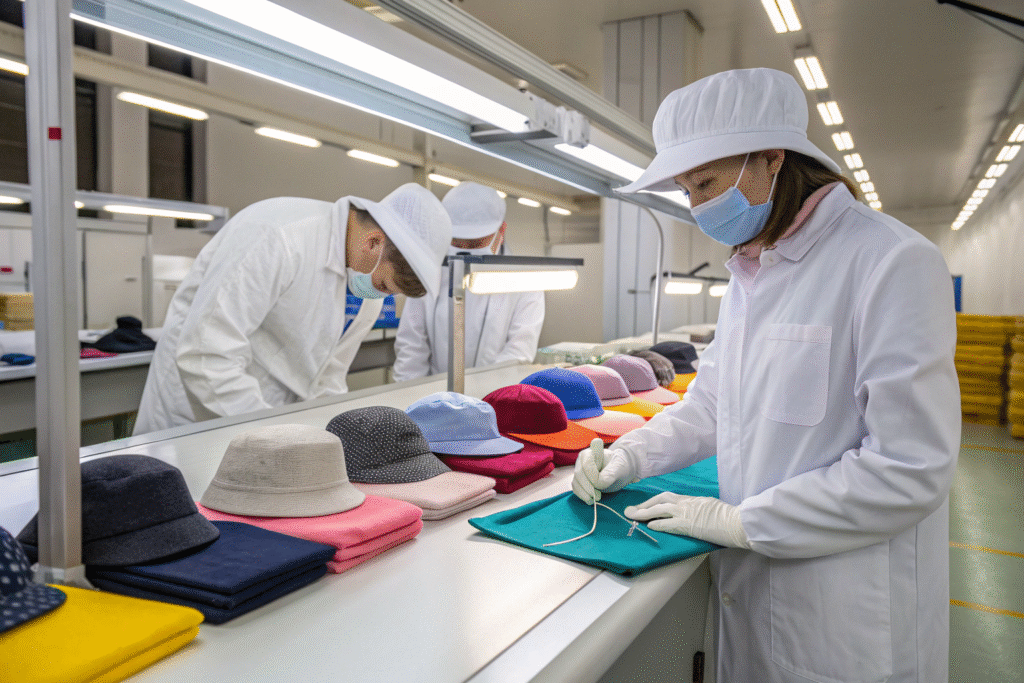
When you source from a professional supplier, you get documented proof of performance, not just promises.
What certifications should you ask for?
The main certificate for fabrics is the UPF rating system. It measures how much UV light passes through the fabric. A rating of UPF 50+ means excellent protection. Another important standard is ISO 105-B02, which tests colorfastness to light. Both are widely recognized in Europe and America. Buyers should request these reports before confirming bulk orders.
Should third-party testing be mandatory?
Yes. Even if a factory provides internal reports, third-party testing ensures credibility. Organizations like SGS and Intertek provide independent verification of UV protection claims. Many large retailers require these certificates before approving shipments. This step helps avoid disputes, protects your brand, and secures long-term customer trust.
How Does Anti-UV Improve Accessory Longevity?
When an accessory loses shape or fades after one summer, customers stop buying. For brand owners, this creates lost revenue and weak loyalty. Accessories with strong UV resistance last longer, which means fewer complaints and more repeat purchases.
UV protection improves not only colorfastness but also fabric strength, keeping accessories in good shape for many seasons. This increases product value and supports a sustainable fashion image.
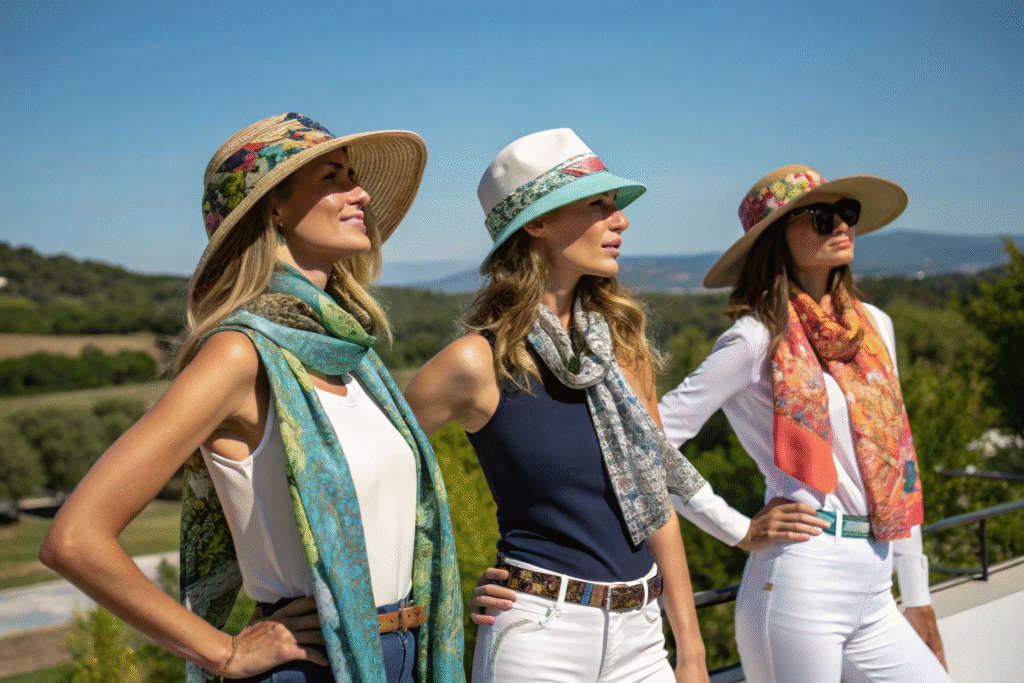
Strong UV resistance creates a competitive edge for importers and retailers.
Do UV-resistant accessories save costs long term?
Yes. Buyers who choose UV-resistant materials spend less on replacements, claims, and warranty issues. According to Apparel Resources, the total lifecycle cost of UV-resistant products is lower than standard fabrics. Retailers benefit from reduced returns and improved customer satisfaction. Even if the unit price is higher, the long-term savings are clear.
How do UV-resistant accessories support sustainability?
UV-resistant accessories last longer, so customers buy fewer replacements. This reduces waste and supports sustainable fashion goals. Reports from Textile Exchange show that durability is a key factor in reducing environmental impact. Many eco-conscious retailers now prefer suppliers who can guarantee longer-lasting products. This trend is growing in Europe and North America, where sustainability is a top priority.
How to Source Anti-UV Accessories from China?
Finding the right supplier can be confusing. Many factories claim they can produce UV-resistant items, but only a few have proven expertise, certifications, and fast delivery systems. Buyers need a trusted partner to avoid risks.
The best option is to work with a professional Chinese manufacturer who has in-house design, testing, and export experience. This ensures both product quality and smooth logistics.
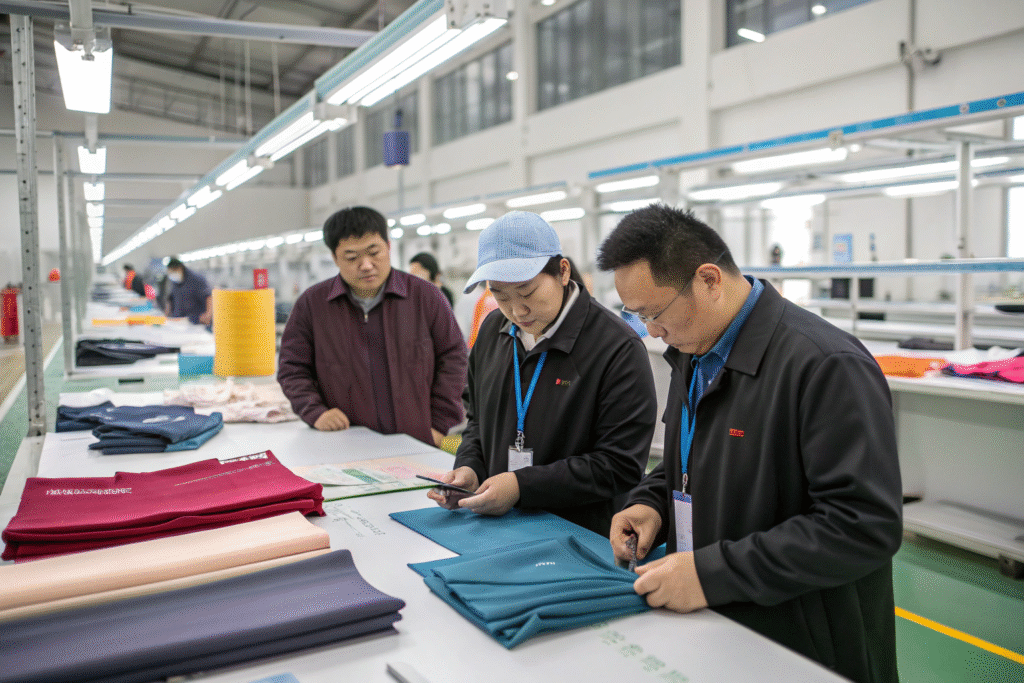
Sourcing directly from a reliable partner saves time and avoids costly mistakes.
What should you check before placing an order?
Buyers should confirm factory certifications such as BSCI and ISO 9001, which guarantee quality control systems. Another key factor is production capacity. Reliable suppliers in Zhejiang, like AceAccessory, can handle bulk orders and meet fast shipping schedules. Logistics support, including customs clearance and tariff handling, is also essential for smooth delivery.
Why choose Zhejiang-based factories?
Zhejiang province is one of China’s most advanced textile hubs. The region has modern infrastructure, skilled workers, and strong logistics connections. Many suppliers here specialize in UV-resistant accessories for export. According to Made-in-China, Zhejiang is home to some of the most reliable manufacturers for hats, scarves, and umbrellas. Buyers benefit from fast development, consistent quality, and professional customer service.
Conclusion
UV protection is more than just a feature—it is a guarantee of quality, longevity, and brand reputation. By choosing the right materials, requesting testing certifications, and partnering with reliable factories, you can secure accessories that perform well under sunlight and deliver real value to your customers.
At AceAccessory, we focus on providing high-quality UV-resistant products, supported by our design team, testing labs, and experienced project managers. If you are looking for a trustworthy partner to develop your own line of accessories, contact our Business Director Elaine at elaine@fumaoclothing.com. We are ready to support your business with professional manufacturing and export services.

